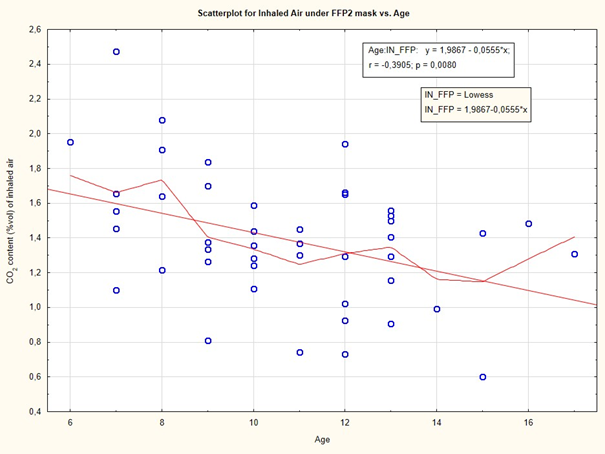A reference to an article on FAZ.net and my questions to the author, Hinnerk Feldwisch-Drentrup
On Monday, Nov 6, 2023, an article appeared on FAZ.net, which addresses the retraction of the publication of our homeopathy ADHS meta-analysis. On the occasion of this incident, he also mentions the other two retractions (of the “Vaccines” study [1], which was republished in “Science, Public Health Policy and the Law” after a triple-blinded review [2] and the children’s mask study [3], which was republished in “Environmental Research” after an extensive review in its long version [4]).
The article is a very good example of how one can apparently work journalistically correctly, namely by not making any false statements or providing good evidence for one’s assertions, but still lying. Because there are two kinds of lies: Someone can lie by claiming something false. And someone can lie by omitting or concealing known, true and important facts. In this case, the second form of lie is endemic. It leads very easily to the presumably intended effect, namely the assassination of my character in the view of all those who don’t know me and who don’t have the time or inclination to take a closer look at the matter. This will probably lead to Wikipedia authors finding even more reason to make critical comments in the article about me, which means that the critical citation cat bites its own tail once more.
Feldwisch-Drentrup knows from me what he is hiding, or could easily have found out by doing more research. I had sent him a detailed email with details about this retraction and the meta-analysis, which are not mentioned in the article.
I then sent him the following letter and waited until Monday, Nov 13, 2023, the deadline, for a response. Having received none, I am publishing the letter. If I receive a reply later, I will of course also publish it.
Here is my letter:




